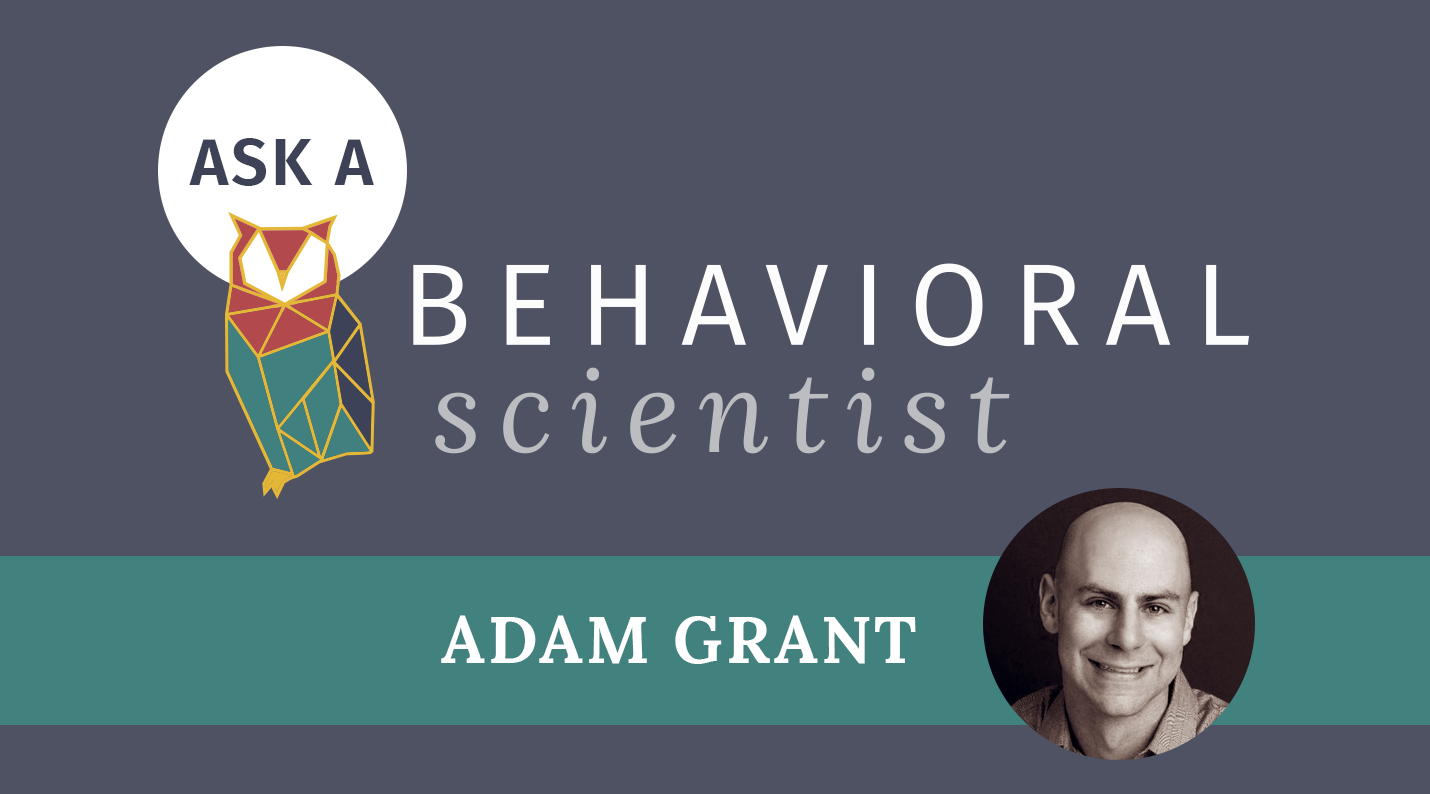This is part of our “Ask a Behavioral Scientist” series, where we give readers the opportunity to pose a question to leading behavioral scientists. Have a question? Ask it here.
Q: What insight from behavioral science has fundamentally changed the way you understand people who are not like you?
For most of my life, I’ve been mystified by the strange behaviors of some extended family members. There’s the Thermostat Commander, who went to a shiva at a stranger’s house and took it upon herself to turn up the temperature a few degrees. The Accoster, who cornered unwitting relatives every Thanksgiving dinner and talked our ears off for hours, not noticing that we weren’t exactly … interested. And lately, the Mundane Poster, who has mastered the “me right now” Facebook status update. I’m really sorry, but I just don’t care that you dropped a chip in the dip.
I thought they were driven by different personality traits. But in college, I learned that they shared a trait in common. I took a personality psychology class with Brian Little, and his lecture on self-monitoring was eye-opening. High self-monitors are motivated and skilled at adapting to the expectations of the situation. Low self-monitors gravitate more toward consistency: They’re adept at expressing themselves and transcending the constraints of social norms.
Suddenly I understood: I come from an extended family of low self-monitors. The Thermostat Commander would literally say, “Stop monitoring my behavior—I’m being myself.” And apparently, I responded by becoming a high self-monitor. In elementary school one of my ongoing fears was getting shushed in a library. One day I got called to the principal’s office; I got there and found out I was not in trouble, but I still cried. To this day, I even monitor my self-monitoring: I’ve actually asked people how much self-monitoring they expect in a given situation.
My aha was that low self-monitors don’t intend to be rude or inappropriate. They’re just aiming to be themselves. But if your idea of being yourself is turning up the dial on a stranger’s thermostat, it might be time to turn up the dial on your self-monitoring instead.

This piece was published in partnership with The Behavioral Scientist, a collaboration between BSPA, ideas42 and the Center for Decision Research. The Behavioral Scientist is a non-profit online magazine that offers readers original, thought-provoking reports from the front lines of behavioral science. Visit us at behavioralscientist.org.
